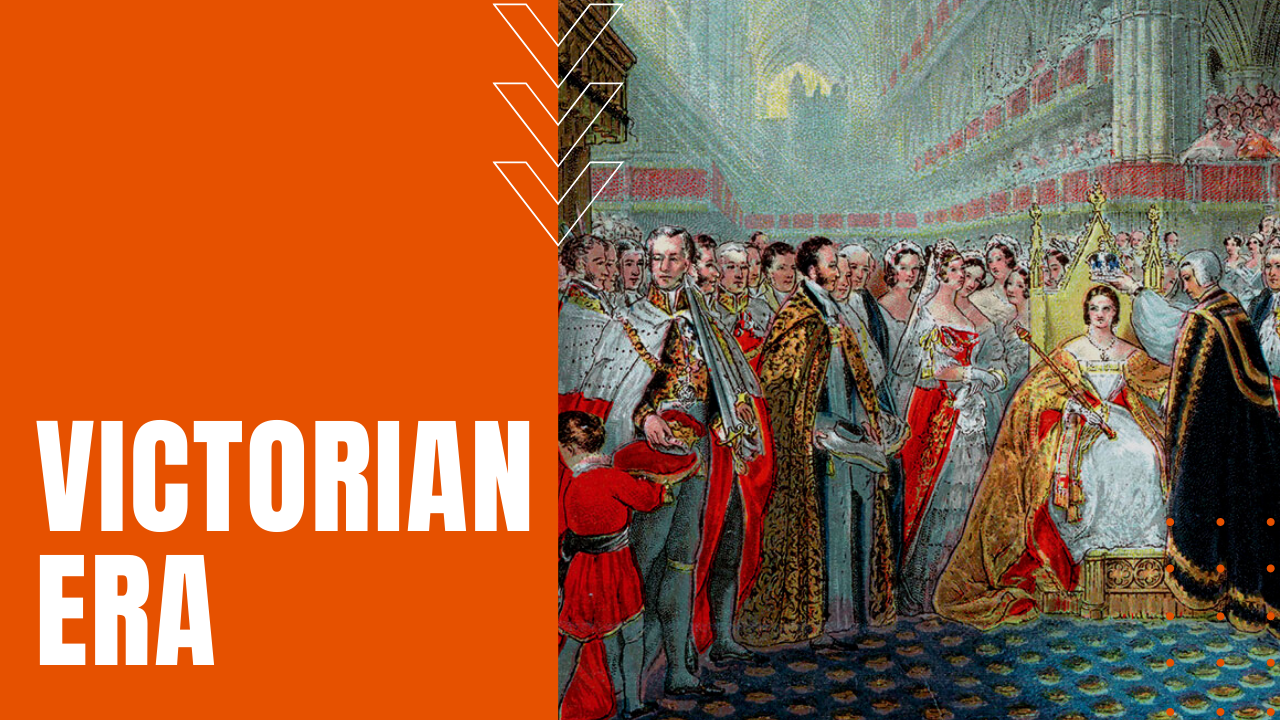Victorian Era: Great Britain’s Innovative Awakening

Widely known as Great Britain’s Victorian Era, which aligned with Queen Victoria’s reign from 1937 until her death in early 1901, the period saw a strong religious drive for higher moral standards, shunning the rationalism of the preceding Georgian era in favor of romanticism in regards to religion, social values and the arts.
Healthcare and Technology
Technological innovations exploded during the period, while doctors moved away from the mysticism of Hellenistic medicine, replacing it with the germ theory of disease, science-based analysis and epidemiological research principles.
Multiple studies suggest that on a per-capita basis, the number of significant innovations in science and technology reached a high-water peak during the Victorian era, which has been on a steady decline ever since. On July 25th, 1837, English inventor William Fothergill Cooke and scientist Charles Wheatstone sent the first electric telegraph message, while on September 17th, 1838, the first modern railroad line opened between London and Birmingham.
The Victorian era saw the rise of one of Britain’s greatest writers, Charles Dickens, who penned such enduring masterworks as A Christmas Carol, Great Expectations, Oliver Twist and David Copperfield.
Cities boomed under a population explosion that nearly doubled in size, spawning the world’s first Industrial Revolution, while ushering in long and regimented factory hours for both adults and children alike.
Victorian Era Greats
The brainchild of Victoria’s husband, Prince Albert, six million visitors and more than 10,000 exhibitors flocked to what would become the first World’s Fair, which highlighted technological wonders from false teeth to farming innovations and telescopes.
On March 28th, 1854, France and Britain launched the Crimean War against Russia, while history’s most famous nurse, Florence Nightingale, helped to reduce the death toll by nearly two-thirds through the introduction of improved sanitation techniques.
On November 24th, 1859, naturalist Charles Darwin shook the foundations of both science and religion with his now-famous book On The Origin of Species, presenting to the world his theory of natural selection, which directly challenged Christianity’s story of creation as espoused in the Old Testament’s Book of Genesis.
The period also saw an unknown killer nicknamed Jack the Ripper, who mutilated five prostitutes over a four-month killing spree in 1888, while Scotsman Alexander Graham Bell was awarded a patent for his invention of the telephone, prompting his now-famous first-ever phone call to his assistance, Thomas Watson.
The Victorian era ended with the Queen’s death on January 22nd, 1901 at age 81, bringing to a close an era of sweeping progress and ingenuity, ending one of Britain’s greatest periods, which saw the country serving as the earth’s largest colonial empire, with more than one-fourth of the world’s population owing allegiance to the queen.
